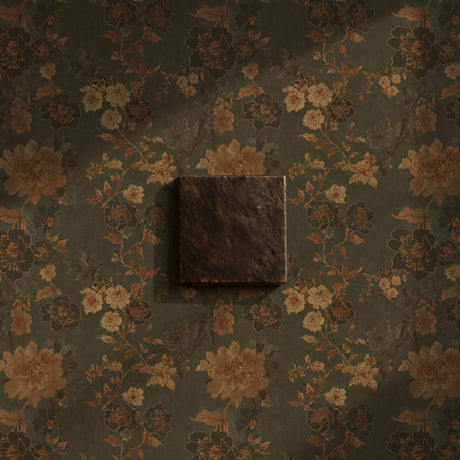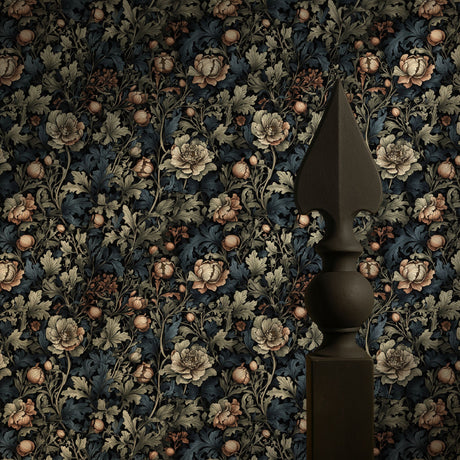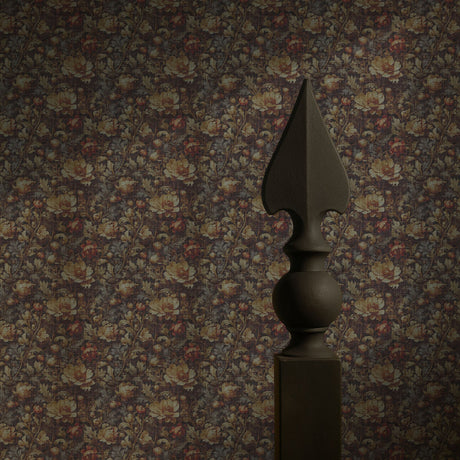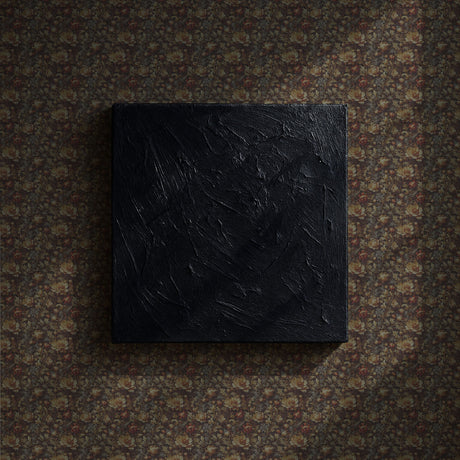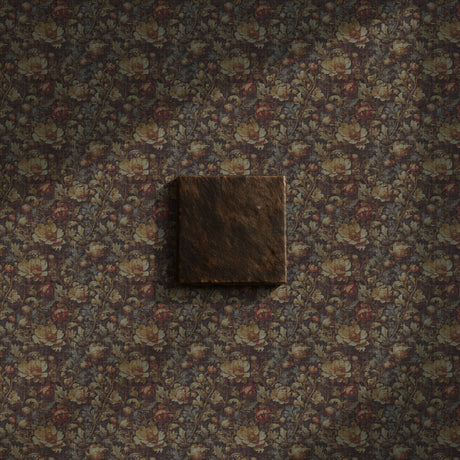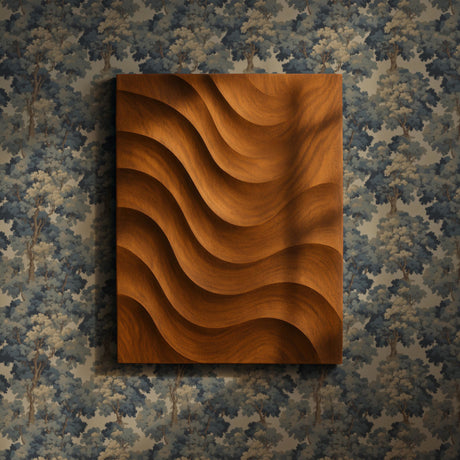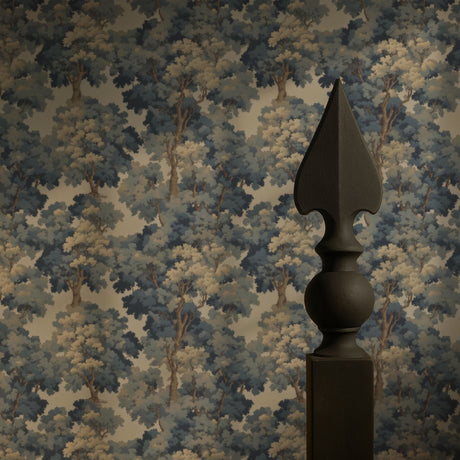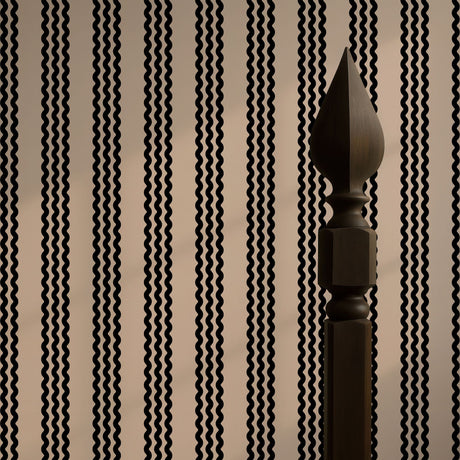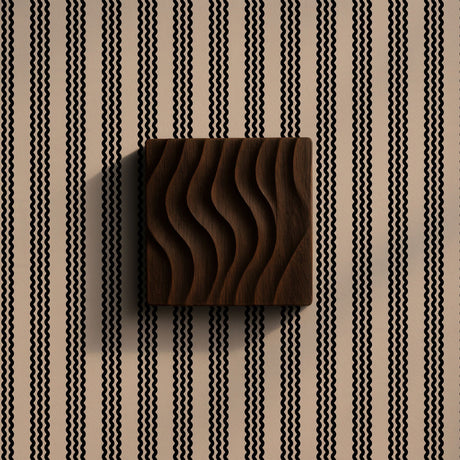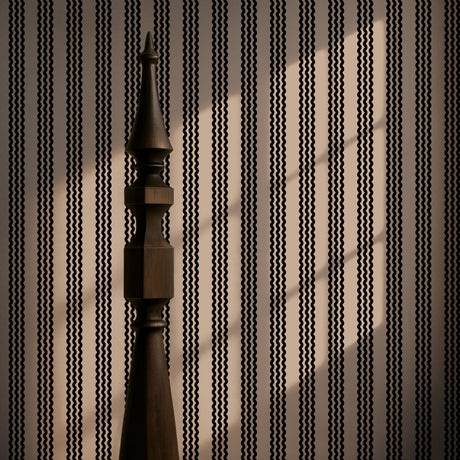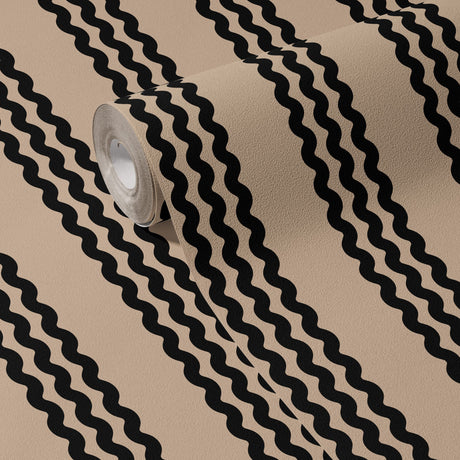Interior design is a profession that's often associated with creativity, aesthetics, and the ability to transform spaces. But is it a good career choice? Like any profession, interior design has its unique set of advantages and challenges. In this comprehensive guide, we'll explore the various aspects of an interior design career, helping you decide if it's the right path for you.
The Allure of Interior Design
Interior design is undoubtedly an attractive field for those with a passion for aesthetics and a knack for creating functional, beautiful spaces. Here are some of the reasons why it's appealing:
Creativity Unleashed: Interior designers get to flex their creative muscles daily. They can envision and execute designs that reflect their artistic vision.
Diverse Projects: The range of projects is vast. From residential homes to commercial spaces, hotels, restaurants, and even cruise ships, interior designers can work on diverse and exciting projects.
Making a Difference: A well-designed space can significantly impact people's lives. Interior designers have the power to create environments that are not only aesthetically pleasing but also functional and conducive to well-being.
Constant Learning: The field of design is ever-evolving. Interior designers are continually learning about new materials, technologies, and design trends, which keeps the profession dynamic and exciting.
The Educational Journey
To become an interior designer, you typically need formal education. Here's what the educational journey looks like:
Bachelor's Degree: Many aspiring interior designers start with a bachelor's degree in interior design or a related field. These programs cover a wide range of topics, including design theory, space planning, color theory, and building codes.
Internships: Practical experience is essential. Internships or work-study programs allow students to apply what they've learned in a real-world setting.
Licensure: In some states and countries, interior designers need to be licensed to practice professionally. Licensure requirements vary, but they often involve passing the National Council for Interior Design Qualification (NCIDQ) exam.
The Pros of an Interior Design Career
Let's explore the advantages of pursuing a career in interior design:
High Demand: As people seek to create more functional and aesthetically pleasing spaces, the demand for interior designers remains strong.
Creative Fulfillment: Interior designers often find their work creatively fulfilling, as they bring their design visions to life.
Earnings Potential: Experienced interior designers can earn a comfortable income. Earnings can increase with expertise and reputation.
Variety of Specializations: Within interior design, you can specialize in areas like residential design, commercial design, sustainable design, and more.
The Cons of an Interior Design Career
It's essential to consider the challenges as well:
Competitive Field: The field of interior design can be highly competitive. To stand out, you'll need a strong portfolio and a unique design perspective.
Long Hours: Meeting deadlines and client expectations can lead to long hours, especially in the initial stages of your career.
Economic Sensitivity: The interior design industry is influenced by economic factors. During economic downturns, people may cut back on design services.
Client Relations: Working with clients can be rewarding, but it can also be challenging. You must manage their expectations, tastes, and budgets effectively.
The Interior Design Career Path
After completing your education and gaining some experience, you can choose various career paths within the interior design field:
Residential Designer: Focuses on designing homes, apartments, and private spaces.
Commercial Designer: Specializes in designing commercial spaces like offices, restaurants, and retail stores.
Hospitality Designer: Works on projects related to hotels, resorts, and other hospitality establishments.
Sustainable Designer: Focuses on creating environmentally friendly and sustainable designs.
Freelance Designer: Has the flexibility to work on a project-by-project basis and often enjoys creative freedom.
What's the Job Outlook?
According to the U.S. Bureau of Labor Statistics, the employment of interior designers is projected to grow 3 percent from 2020 to 2030, which is about as fast as the average for all occupations. However, job prospects may vary by location and specialization. Areas with a strong construction industry tend to offer better opportunities.
Conclusion: Is Interior Design a Good Career?
The answer to whether interior design is a good career choice largely depends on your passion, dedication, and willingness to adapt. It can be a fulfilling and financially rewarding profession for those who love design and are committed to honing their skills.
Remember that like any career, success in interior design often involves hard work, continuous learning, and building a strong network. If you're prepared to invest the effort, an interior design career can provide the creative satisfaction and professional fulfillment you're looking for.
Ultimately, deciding to pursue a career in interior design should align with your interests, values, and long-term goals. If you have a genuine passion for creating beautiful, functional spaces, and you're willing to put in the effort to develop your skills and establish your presence in the industry, then interior design could indeed be an excellent career choice for you.
Read More: What is Barbiecore?


